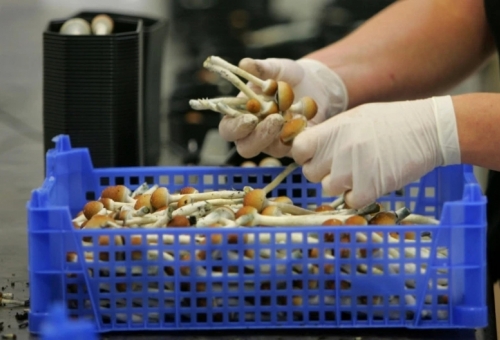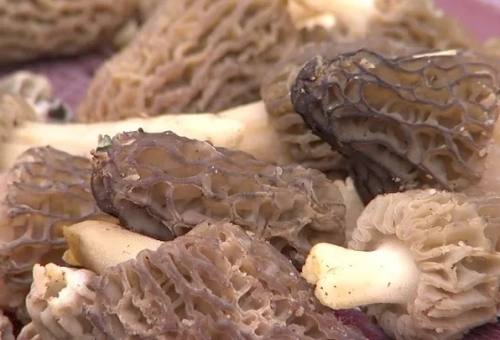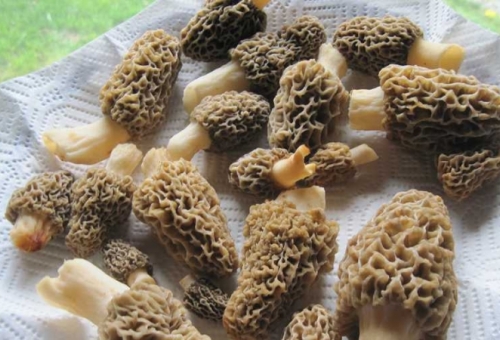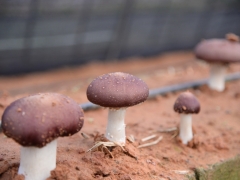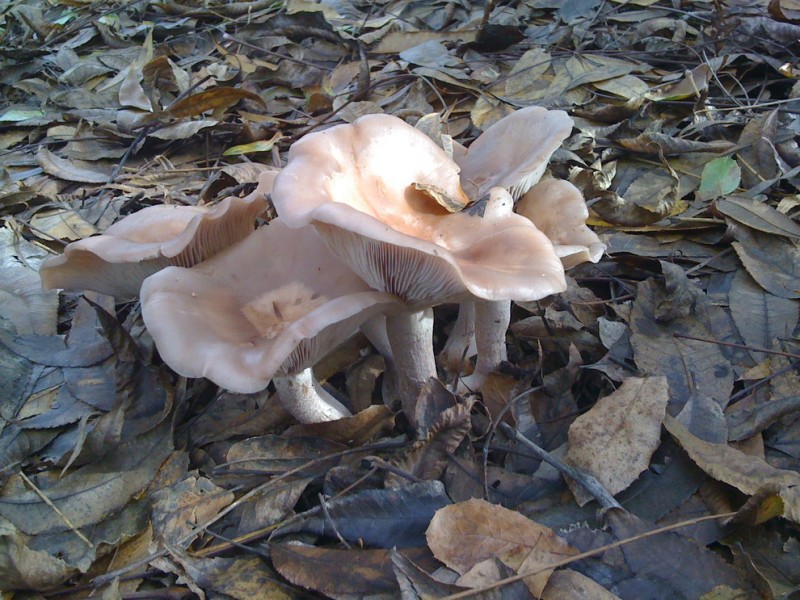
We have mushrooms that sprout up and grow in our lawn, mostly. We also have dogs that like to eat stuff in the yard.
Unfortunately, I had a little foster dog (he died) and one of my own that got sick from mushroom poisoning. I had all the different mushrooms that I could find in the yard tested at UC Davis and none came back as toxic.
Right now, I have another little foster dog sick with the same thing. That makes three dogs now. I even go out and pick the mushrooms that I see.
We are at a loss as to what to do. Is there anything we can do to kill the mushrooms and get rid of them? We are desperate for help, as you can imagine.
Leslie Davison, Roseville
Unfortunately, there are no chemicals that will eliminate mushroom spores from lawns and gardens, say the UC master gardeners.
Mushrooms are the visible reproductive structures of fungi. Management varies depending on the type of mushroom.
You may have some wood or rotting tree roots buried beneath your lawn that are the real source of the fungi. Next time you have a crop of mushrooms, try probing in the area to see if you can discover a piece of wood.
The fungi that produces these mushrooms are beneficial because they decompose organic matter in the soil. Whatever the wood source is, the mushrooms will end when it finally decomposes.
Your continued picking and disposing of them is your best course of action. Overirrigation or poor drainage is commonly associated with mushrooms. Remove excess thatch and aerate the soil to improve water penetration.
For further information on mushrooms, go to www.ipm.ucdavis.edu and search for "Pest Notes 74100, Mushrooms and Other Nuisance Fungi in Lawns." You can also request a copy by sending a stamped, self-addressed business-size envelope to: PN 74100, UC Cooperative Extension, 4145 Branch Center Road, Sacramento, CA 95827.
I have these black beetles everywhere in my garden – on my tomatoes, peaches, cucumbers, corn and just wandering. They seem to gather on the fruit rather than the leaves.
I'm not sure what, if any, damage they are doing. They look like two different bugs. Is it two different types of beetle, or just different stages of development?
Joanne Allen, El Dorado
UC Master Gardener Carol Hunter examined the excellent photographs you submitted of the black bugs everywhere in your garden. The reddish markings on various parts of the bodies made the identification quite interesting.
Few insect books show the various stages through which the bug progresses to adulthood. What you have is the last in star nymph stage (just before adulthood) of the bordered plant bug (Largus californicus or L. cinctus).
This insect is a true bug, not a beetle. As adults, they suck juices from a variety of plants but do not appear to create serious plant damage.
In the fall, they leave the host plants and seek cracks and crevices in which to spend the winter.
If such locations are present in your garden, it would be beneficial to hose them out and clean any debris in the immediate area.





